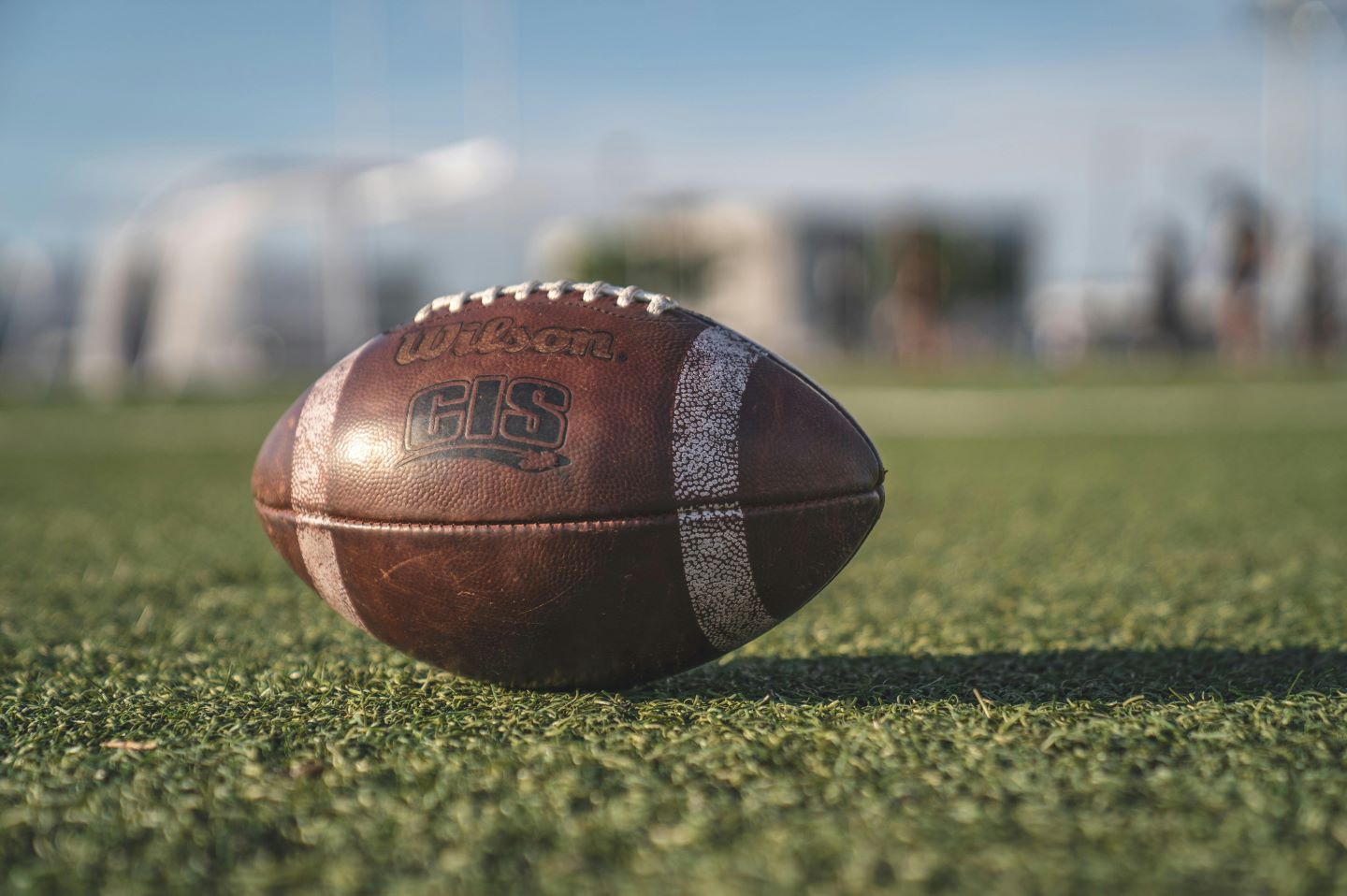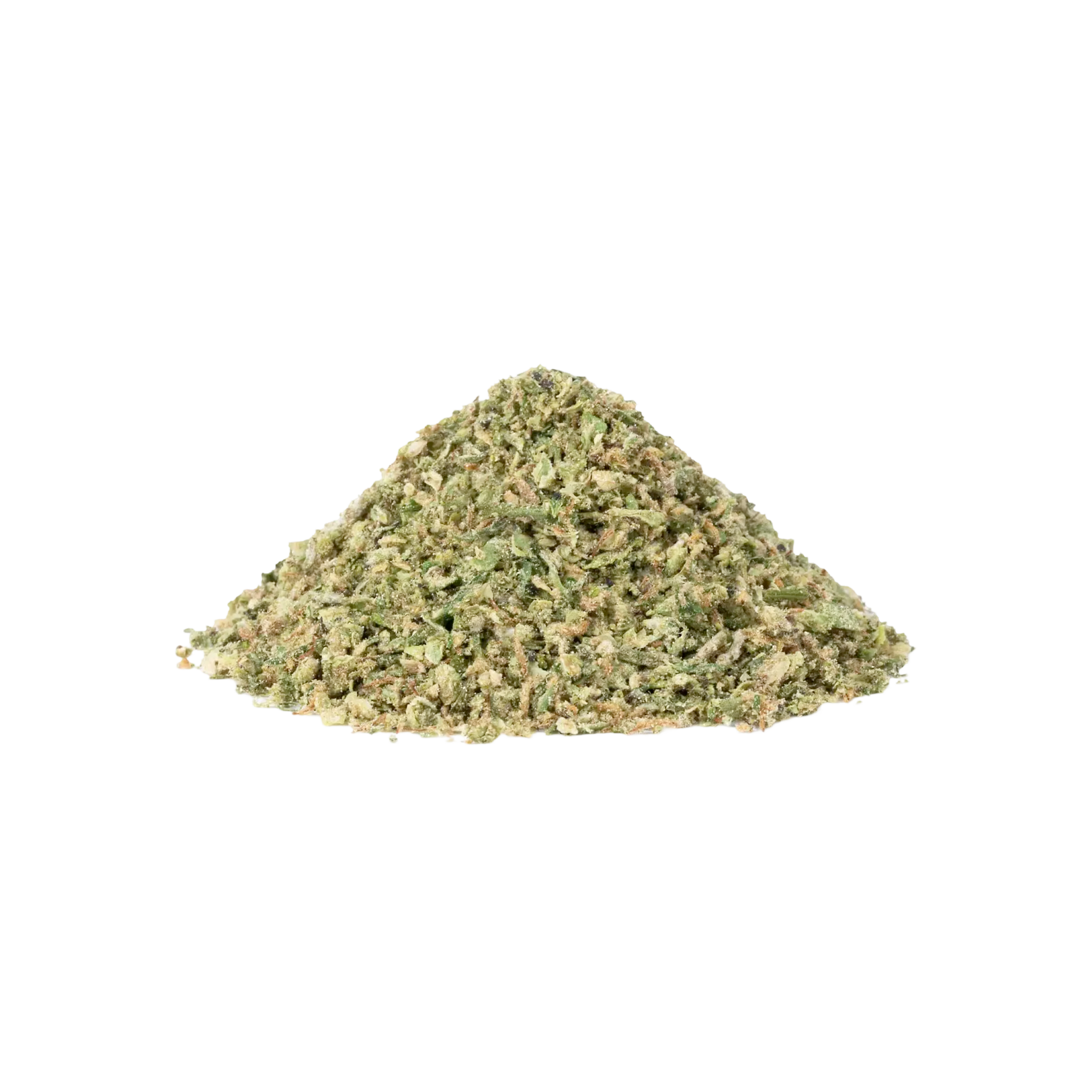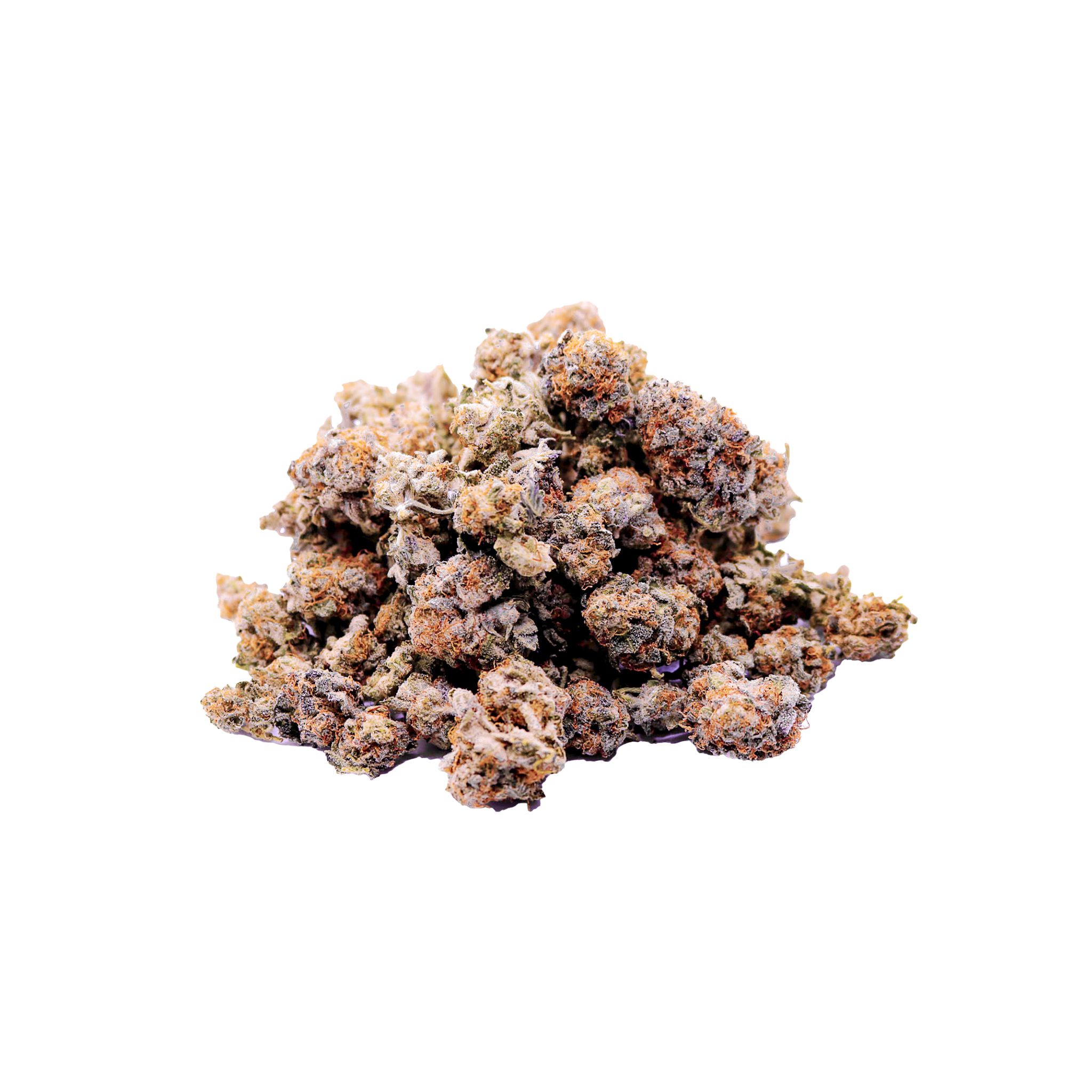The relationship between marijuana and the NFL has been a complex and evolving one, marked by periods of strict prohibition and gradual liberalization. While the league has long held a firm stance against marijuana use, attitudes have shifted in recent years, with more players and advocates calling for a more nuanced approach.
Early Days and Growing Concerns
The NFL, founded in 1920, did not have any specific rules regarding marijuana use in its early years. However, as the popularity of the sport grew and societal attitudes toward drugs began to change, the league started to take notice. The 1960s and 1970s saw a significant increase in marijuana use across the United States, and the NFL was not immune to this trend.
In response to growing concerns about the potential negative effects of marijuana on players' performance and behavior, the NFL began to implement drug testing policies. These policies were designed to deter players from using marijuana and to maintain a positive image for the league.
A Strict Stance
For many years, the NFL maintained a hardline stance against marijuana. Players who tested positive for the substance faced suspensions, fines, and even termination of their contracts. The league argued that marijuana impaired cognitive function, slowed reaction times, and increased the risk of injury.
One of the most high-profile cases involving marijuana and the NFL was that of Josh Gordon, a wide receiver for the Cleveland Browns. Gordon was suspended multiple times for marijuana use, and he ultimately missed the entire 2015 season. In 2018, Gordon was reinstated by the NFL, but he was suspended again in 2019 for violating the league's substance abuse policy.
Changing Attitudes
In recent years, there has been a growing movement to reconsider the NFL's stance on marijuana. Many players and advocates argue that marijuana can be a valuable tool for pain management and recovery, especially for players who suffer from chronic injuries. They also point to the fact that marijuana is now legal for medical or recreational use in many states, and that the league's policy is out of step with the broader trend toward legalization.
In addition, there is growing evidence that marijuana may not have the same negative effects on performance as previously thought. Some studies have shown that marijuana can actually improve cognitive function and motor skills in certain individuals.
The Path Forward
In response to these changing attitudes, the NFL has begun to take steps to soften its stance on marijuana. In 2020, the league announced that it would no longer suspend players for positive tests for marijuana. Instead, players who test positive will be subject to counseling and education programs.
However, the NFL's policy is still evolving, and there is ongoing debate about whether the league should allow players to use marijuana for medical or recreational purposes. While some players and advocates argue that marijuana should be legalized for all NFL players, others believe that the league should maintain a strict prohibition.
The future of marijuana and the NFL remains uncertain. As more states legalize marijuana, there will be increasing pressure on the league to update its policies. However, the NFL must carefully balance the desire to support its players with its commitment to maintaining a positive image and ensuring the safety of the game.












Dali, Cannabis, and the Melting Clocks of Time
Amsterdam Coffeeshops: A Unique Cultural Experience